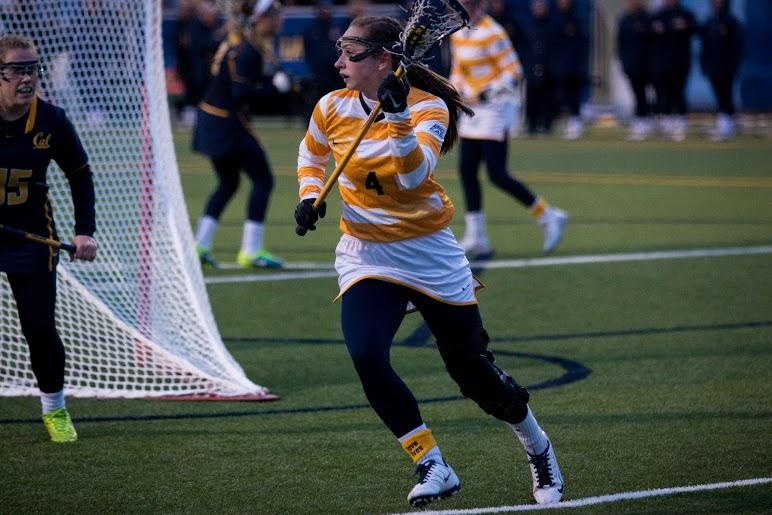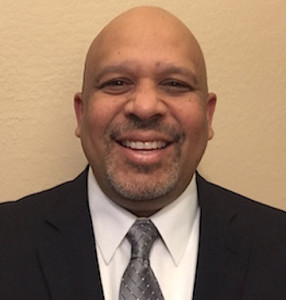
Since President Barack Obama founded the White House Task Force to Protect Students from Sexual Assault in January, there have been new developments in college campuses’ treatment of sexual assault. The Task Force released its first report in April, putting forth suggestions for new training methods and initiatives that could be effective in the campus context.
Policy changes in the United States since the report was published have led to some positives, such as California’s recent Affirmative Consent bill to be implemented on college campuses, while lack of change has prompted Emma Sulkowicz, a student at Columbia University, to carry her mattress everywhere on campus in protest of the university’s failure to address her case and expel her alleged rapist. The conversation about sexual assault and misconduct is far from over as college students continue to be affected.
This week Marquette renews it efforts to address sexual assault with a new initiative in which all university employees, faculty, staff and student employees will take part in online sexual misconduct prevention training. The training, broken into two modules, will provide information on how the university must address sexual assault under Title IX, a statute set in place to prevent discrimination in higher education, and what is required of employees based on the university’s commitment.
Widening the conversation of sexual assault on Marquette’s campus from predominantly student-based discussions to staff and faculty is a promising step. Students are not the only people at universities affected by sexual misconduct and all staff should be aware of the proper procedures. In a structure made up of hierarchies and chains of command, information can get lost or mis-communicated and this training will hopefully eliminate these possibilities.
The new training will inform university employees on how sexual assault should be addressed so they may act as resources for their coworkers as well as the student population. Information about the university’s procedures and expected protocol should be common knowledge, though the training only allocates the training to some. This is problematic, as not everyone is getting the same message.
Students not employed by the university will not have access to the Title IX training, which seems counterproductive to the aim of educating people who could be affected by sexual assault on what to expect if they chose to report a case. While the information is out there, the new training is not disseminated to all associated with campus but just a select portion.
First-year students take part in a mandatory sexual assault prevention program that focuses on preventing sexual assault with little mention of reporting procedures. This could ultimately lead to disconnect, as giving some students information while bypassing others does not “better provide a learning and living environment that supports everyone on campus,” like University President Michael Lovell has emphasized with the new procedures.
Title IX has the intent purpose of setting procedures to prevent discrimination in higher education, but Marquette’s new initiative falls short and may even lead to the discrimination of students when the true aim under Title IX is to prevent privileging some students and disadvantaging others. All parties in the university should be empowered with knowledge about sexual assault reporting procedures, not just those who work for the institution.
The information from the Title IX training should be made available to everyone in the same form if Marquette is to stay true to its commitment to addressing sexual assault and benefitting everyone. We all want to know that the university protects us and takes cases of sexual misconduct very seriously. Everyone needs to understand how policies are to be followed so we may hold the university and each other accountable in any case that should arise.




